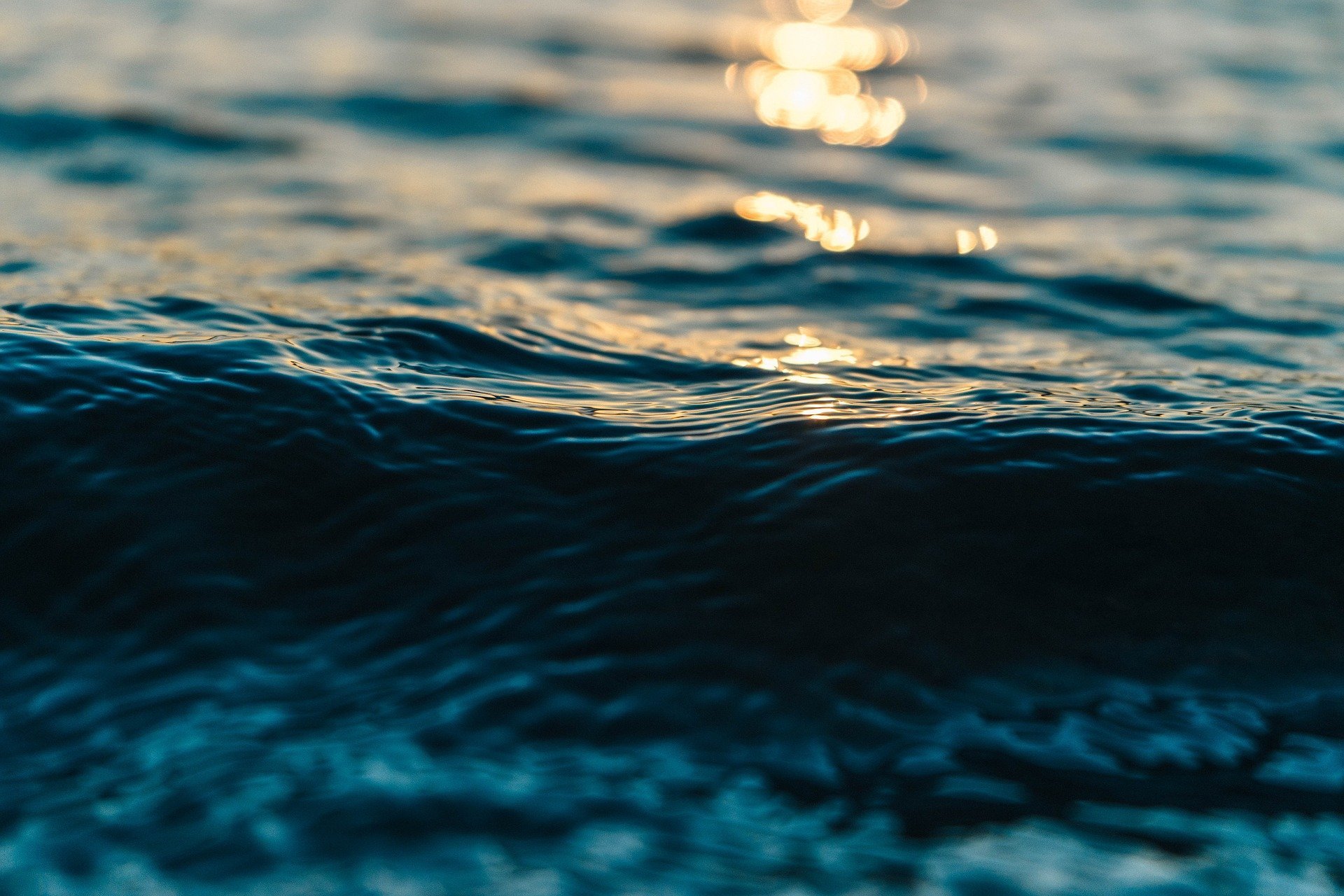
Can the Ocean Fix Our Broken Food Systems?
With animal husbandry responsible for more greenhouse gases than all the world’s transport systems combined, the food production industry is a key contributor to the climate emergency. As populations continue to expand, and with demand for animal-based food projected to grow by 70% by 2050, we need to rethink current food systems to ensure they deliver accessible, healthy diets and are sustainable for the planet.
The ocean covers 70% of our planet, yet only 7% is used for food production. While the ocean offers huge potential, we must be conscious that 93% of wild fisheries are already “fully” or “over-”fished, according to estimates by the UN Food and Agriculture Organisation. We cannot continue to use these resources at the scale we have so far. Fish farming offers an opportunity to better use the ocean for food production while alleviating pressure on fisheries.
Aquaculture, and specifically farmed salmon—one of the most consumed fish worldwide—can help meet the growing demand for sustainable and healthy foods. Salmon is a nutrient-rich food that provides many health benefits to consumers. It is high in omega-3 fatty acids, minerals and vitamins, which can help reduce the risk of many cardiovascular diseases. What is less known is that responsibly farmed salmon is also one of the most resource-efficient animal proteins, requiring less land, fresh water, food and energy to produce. This powerful combination of strong nutritional and environmental profiles means that farmed salmon should be an important part of future healthy and sustainable food systems and diets.
However, like any food-production sector, the salmon-farming industry has faced challenges—from the use of marine ingredients in feed, to managing escapes and possible sea-lice outbreaks—which must be effectively addressed to ensure long-term responsible and sustainable operations.
And while significant progress has been made in recent years, there is still more to be done to improve the environmental performance of fish farming. To support this mission, the Global Salmon Initiative (GSI) was established in 2013 to accelerate improvements at speed and scale that will ensure salmon farming continues to offer nutritious and planet-friendly food. GSI’s members use collective problem-solving to drive sustainability improvements across the entire global industry.
Global Sustainable Development Goals (SDGs) – No Hunger: GRRIP Project is working to improve fundamental research through the implementation of RRI contributes to marine food security and sustainability.
This article was taken from the World Ocean Initiative website. To read the full article on the original source written and prepared by Sophie Ryan please follow the link posted below
https://www.woi.economist.com/can-the-ocean-fix-our-broken-food-systems/







